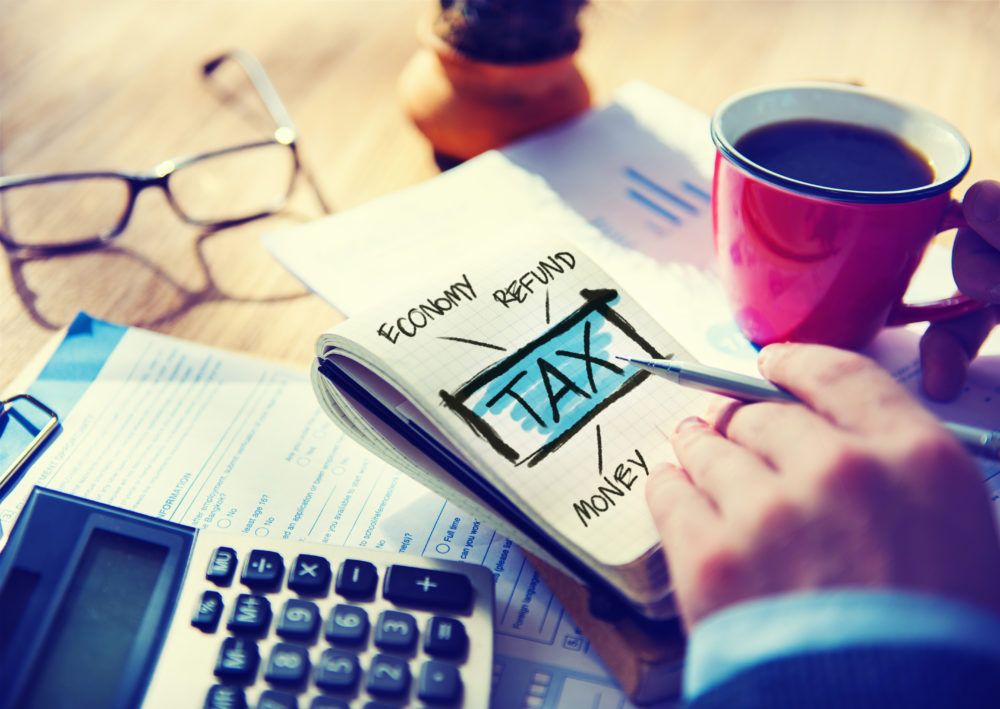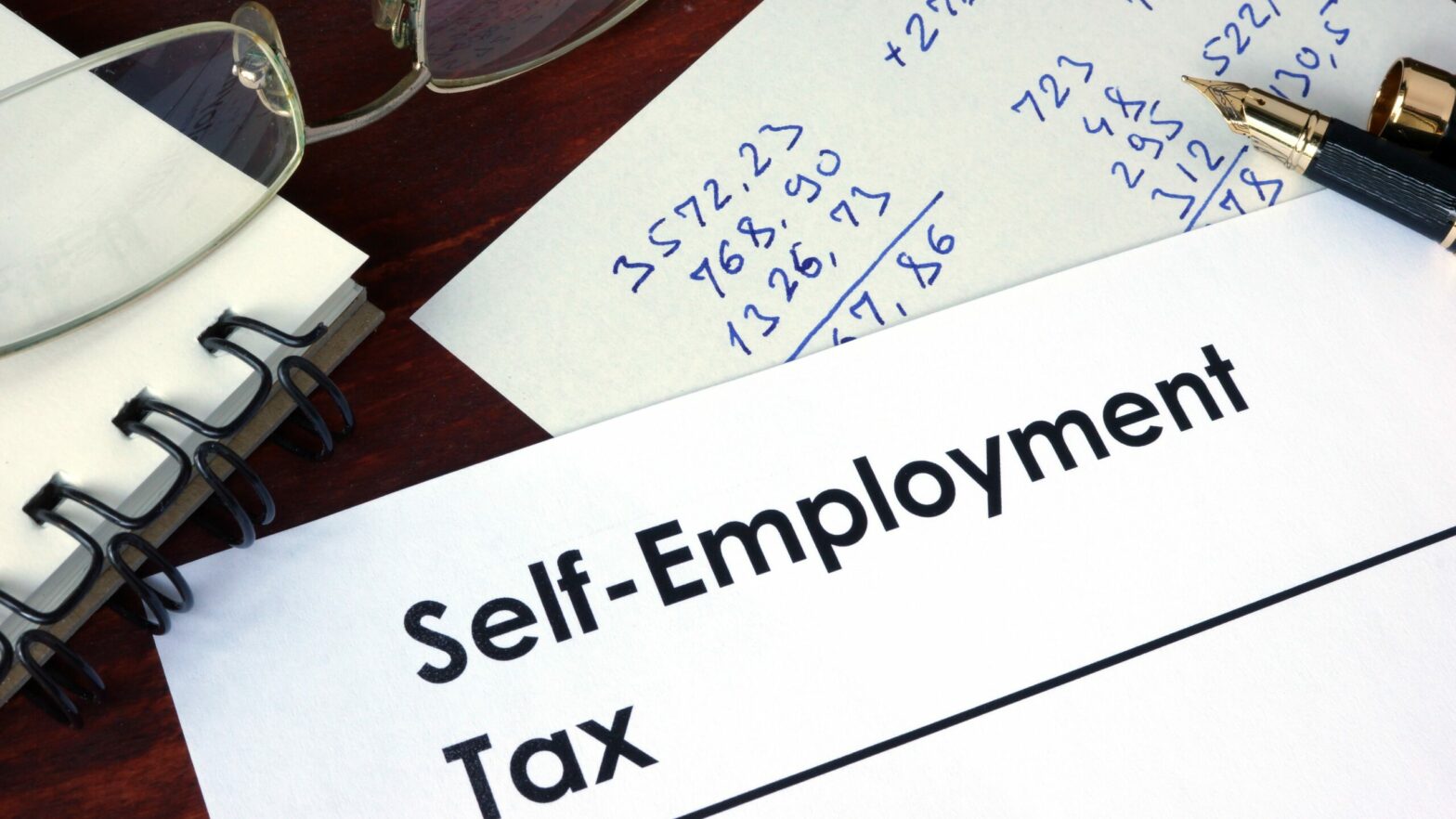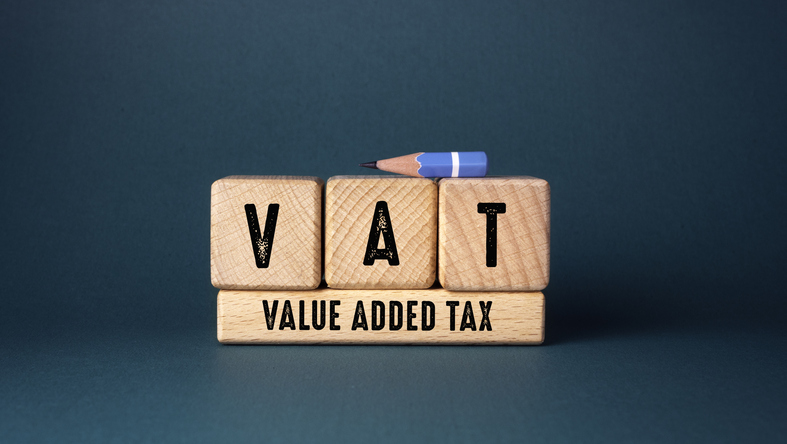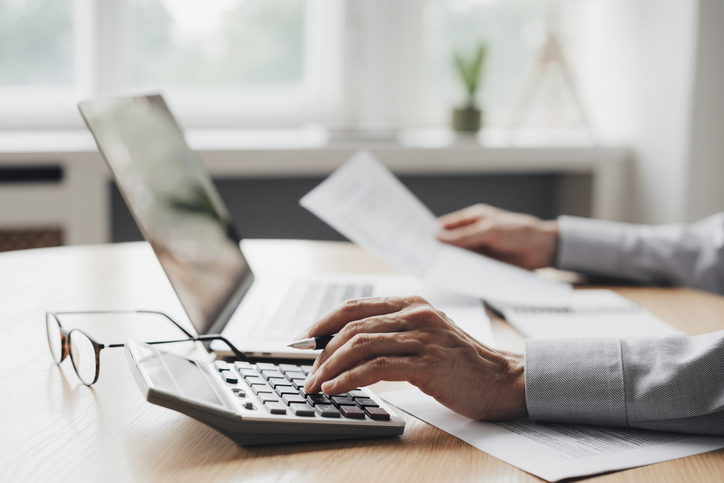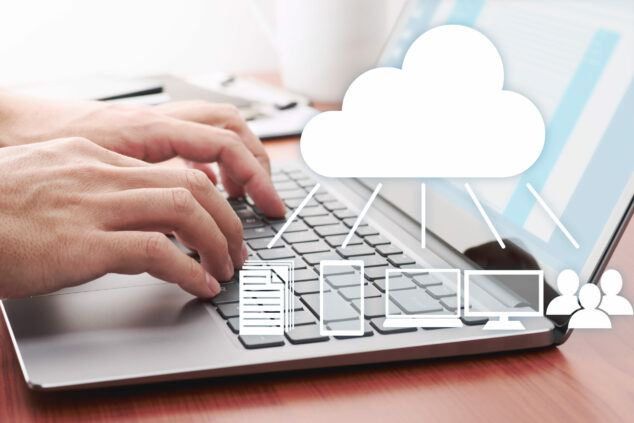When you are running your own business, it’s almost a certainty that you’ll have to pay some kind of tax at some point.
But with so many complicated tax rules currently in place in the UK, it can be difficult to know exactly which ones apply to you or your business, and which types of tax you’ll actually have to pay to HMRC.
Here are the five small business taxes to check up on.
Income tax
Sole trader tax is paid on your business’s profit. Assuming you don’t have any other income, such as salary from a job, as well as what your business makes, then you’ll start paying income tax on your business’s profit once it goes over the personal allowance, which is £12,570 if you’re under 75 (2022/2023 will be the same as 2021/2022 rates).
If your business is a limited company, you could pay income tax on any salary or dividends you take from the company. Whether you pay income tax, and how much you pay, depends on how much you take out.
Income tax kicks in on your salary if it’s over £12,570, you’re under 75 and you have no other income (2022/23 rates). If your circumstances are different – say you have another job as well as working for your own company – then you may start paying income tax on your salary sooner.
If you’re paying income tax on your salary, your employer, in this case your own company, will deduct it from your salary under the PAYE (Pay As You Earn) scheme. PAYE isn’t a tax in its own right; it’s a method HMRC use to collect income tax.
National Insurance
While not strictly a tax, National Insurance (NI) is money that’s paid to the government, so it’s often referred to as a tax in all but name!
Sole traders pay two kinds of NI. If you’re a sole trader, you’ll pay a flat weekly rate of NI called Class 2 NI, unless your business’s profits are under the Small Profits Threshold, which will be £6,725 for the 2022/23 tax year. Class 2 NI will be £3.05 per week. If your business’s profits are under the Small Profits Threshold, you can still pay Class 2 NI voluntarily, to protect your entitlement to State Pension and other benefits. You will also pay Class 4 NI if your business’s profits are between £9,880 and £50,270 (at 10.25 per cent) and at 3.25 per cent on any further profits over £50,270, (2022/23 rates).
If your business is a limited company, and the company is paying you, then it will have to deduct Class 1 employee’s NI from your wages and pay that over to HMRC. The company will also have to pay Class 1 employer’s NI to HMRC unless that’s covered by the employment allowance. National Insurance from April 2022 to April 2023 will be set at 13.25 per cent for pay £9,880 to £50,270 and 3.25 per cent for any pay over £50,270. The National Insurance rise is otherwise known as the health and social care levy and rates will return to normal in the 2023/24 tax year.
Corporation tax
Limited companies pay corporation tax on their profits. There’s no equivalent of the personal allowance for limited companies, so as soon as a company makes any profit, unless it’s previously made losses, it will start paying corporation tax.
Main rate Corporation Tax will be 19 per cent for 2022/23 and will increase to 25 per cent, applying to profits over £250,000, and it is payable nine months and one day after the company’s accounting year end so, for example, a company with a year end of March 31 will have to pay its corporation tax by January 1.
Sole traders do not pay corporation tax.
Related: Tax code changes when setting up as a sole trader while working
VAT
No matter what kind of business you have – sole trader, partnership, LLP or limited company; if your business makes VATable sales of more than £85,000 a year, you’ll have to register your business for VAT.
‘VATable sales’ mean sales of goods or services that would have had VAT charged on them if made by a VAT-registered business. The pandemic has skewed this somewhat. At the moment the standard VAT rate is 12.5 per cent for hospitality, holiday accommodation and attractions and this will revert to the previous 20 per cent in April 2022. All other businesses have the 20 per cent standard rate. A reduced rate of 5 per cent applies to food and non-alcoholic drinks which are eaten on the restaurant premises or takeaway, and there is 0 per cent (Zero) rate for some exceptional goods such as children’s clothes, newspapers and water.
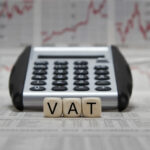
Business rates
If your business operates from office or retail premises, then you may have to pay business rates; this is like council tax, but for business properties.
Some premises are automatically exempt from business rates, such as farm buildings, while others may be entitled to business rates relief.
If you run your business from home, you won’t usually have to pay business rates as well as council tax.
The exceptions are:
- Employing staff who also come and work at your home
- Selling goods or services from your home to visiting customers
- You have adapted your home to work there (such as converting your garage or shed to a dog grooming parlour)
- Your property is part business and part domestic, for example you run a pub and live above it
If you are in any doubt about what taxes your business might be subject to and when you might have to pay them, speak to your accountant or HMRC for help.
Emily Coltman FCA is chief accountant at FreeAgent.
